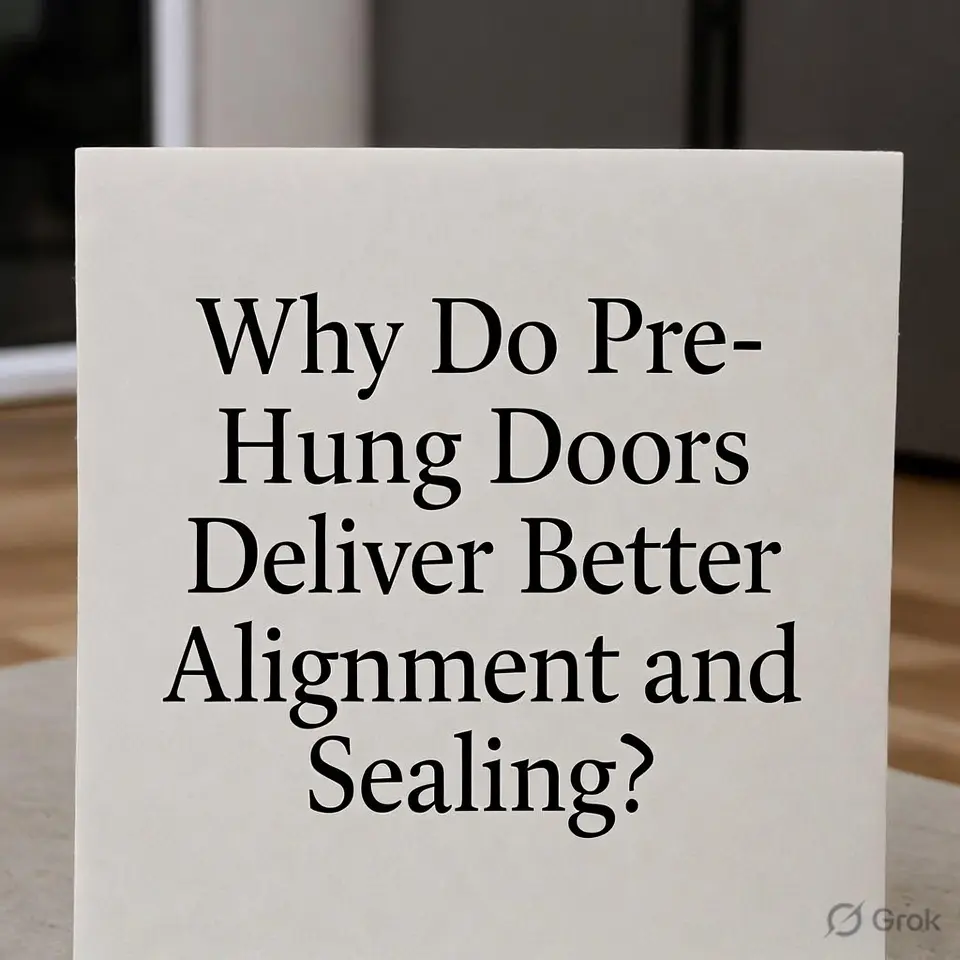So, you’re thinking about getting into e-commerce. Maybe you’ve seen some ecommerce businesses for sale and wondered if buying one would save you time and headaches. Or maybe you like the idea of building something from scratch — your brand, your own rules. Both paths sound good, right? But which one fits you? People struggle on both sides, so let’s unpack this a bit and see what makes sense.
Starting From Scratch: The Joy and the Struggle
When you build your store, you get the full creative freedom. It’s like planting a seed and watching it grow — exciting, but also nerve-wracking. You pick your products, design your site, and try to connect with customers. It’s your baby. But here’s the truth: it takes time. Months, maybe even longer, before you get any real traction.
I remember a friend who launched an online shop selling handmade candles. She loved the product, but the first few months were brutal. No sales. Lots of doubt. She had to tweak her marketing, change suppliers, and keep pushing. Building means you learn a lot. You get involved in every little detail, good and bad. And if you’re patient, it can pay off.
But there’s a catch. You can’t just sell what you like. You have to find what people want. What they buy. That’s where a lot of folks get stuck. Sometimes, your passion product isn’t what the market’s craving. So, some upfront research helps. Don’t just guess.
Buying a Business: The Shortcut With Its Bumps
Now, buying a business that’s already running sounds like a dream, doesn’t it? You skip the slow startup phase. You get customers, sales, maybe even profits from day one. But hold on. It’s not always a smooth ride.
You have to look carefully at what you’re buying. Numbers can be tricky. A business might look solid but have hidden problems — bad suppliers, unhappy customers, or just a market that’s drying up. I know a guy who bought a store thinking it was a goldmine, only to realize most sales came from a one-time viral trend.
So, due diligence is super important. Ask questions. Check the books. Understand the customer base. It’s not just about the price tag; it’s about the future.
If you do your homework right, buying can be a smart move. It gives you a head start, and you get to focus on growing instead of starting over.
What Should You Think About?
There’s no perfect answer. It depends on what you want and what you have.
- Got more time than money? Building might suit you better.
- Got some cash and want quicker results? Buying might be your thing.
- Like controlling everything and making all the calls? Build it.
- Prefer managing something already running? Buy it.
And think about what you’re good at. Are you a marketer? A creator? Or maybe a manager?
Your goals matter too. Do you want a small side hustle that grows slowly? Or jump into something bigger right away?
Sometimes, Mixing Both Works
You don’t always have to stick to just one path. Plenty of people start by buying a smaller or struggling store and then work hard to turn it around. It’s kind of like buying a fixer-upper house — it might look rough at first, but with some elbow grease, fresh ideas, and patience, it can shine again. This approach lets you skip some of the early startup headaches, but still gives you a chance to build something your way.
Then others begin by launching a small niche store just to test the waters. They dip their toes in, learn what customers want, and get a feel for how e-commerce works without diving in too deep.
Later on, if things go well, they might decide to expand that store or even buy a bigger, more established business. The cool thing about e-commerce is how flexible it is. You can shape your path however you want, and there’s no one-size-fits-all formula.
Wrapping It Up
Whether you build from scratch or buy an existing store, one thing’s clear: you need to find a profitable e-commerce niche. Without that, all the work in the world won’t help. Look for spaces where people have real problems or wants. Find your angle. Offer something valuable. And remember, success isn’t about rushing. It’s about making smart choices that fit your goals and situation.





